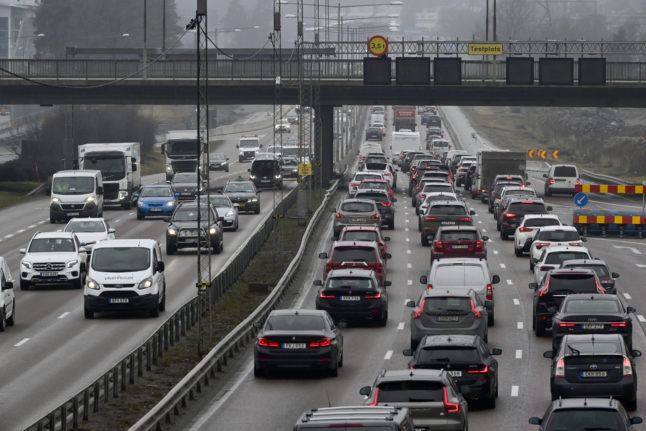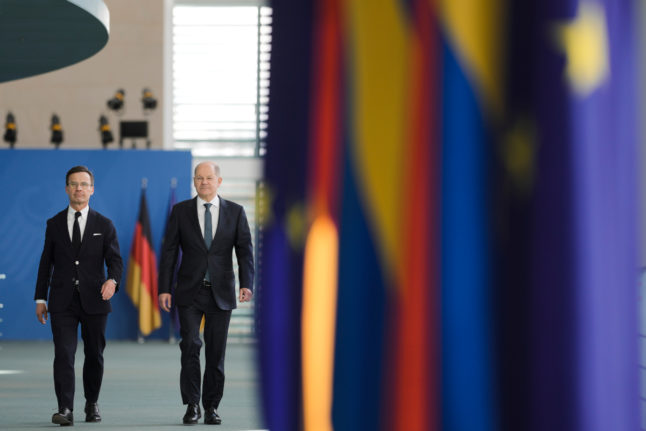“We are in the process of investigating how it happened”, a spokeswoman for the Swedish Transport Administration told AFP.
The alert was sent out on Wednesday on a so-called Traffic Message Channel, a system currently being phased out in Sweden that allows motorists to receive traffic updates via their car radio.
The message was sent out in the southern county of Blekinge, which is home to one of Sweden’s biggest air force bases.
“Important traffic message, Blekinge county: Air raid, danger”, appeared on vehicle dashboards, preceded by a danger triangle.
Media outlets then contacted the Transport Administration, informing it that the warning that had been sent out.
Jahopp, nu varnar Trafikverket för luftangrepp också. Visste inte att det är dom som spanar mot skyn efter fienden https://t.co/18w8TGnlPq
— Henrik Perälä (@henrikperala) August 25, 2022
It was not immediately known how many motorists received the message. The Transport Administration said it knew “very little” about how it happened, but considered it “serious” given the current situation in the Nordic country and the war in Ukraine.
Moscow has reacted frostily to Sweden’s decision to abandon two centuries of military non-alliance and seek Nato membership following Russia’s invasion of Ukraine in February.
Russian military aircraft have violated Swedish airspace on several occasions this year before the country formally submitted its Nato application.
Sweden in 2018 reissued a wartime pamphlet to all households advising Swedes how to act in the event of a major crisis or conflict, despite the fact that the country has not experienced a war on its soil in more than 200 years.



 Please whitelist us to continue reading.
Please whitelist us to continue reading.
Member comments